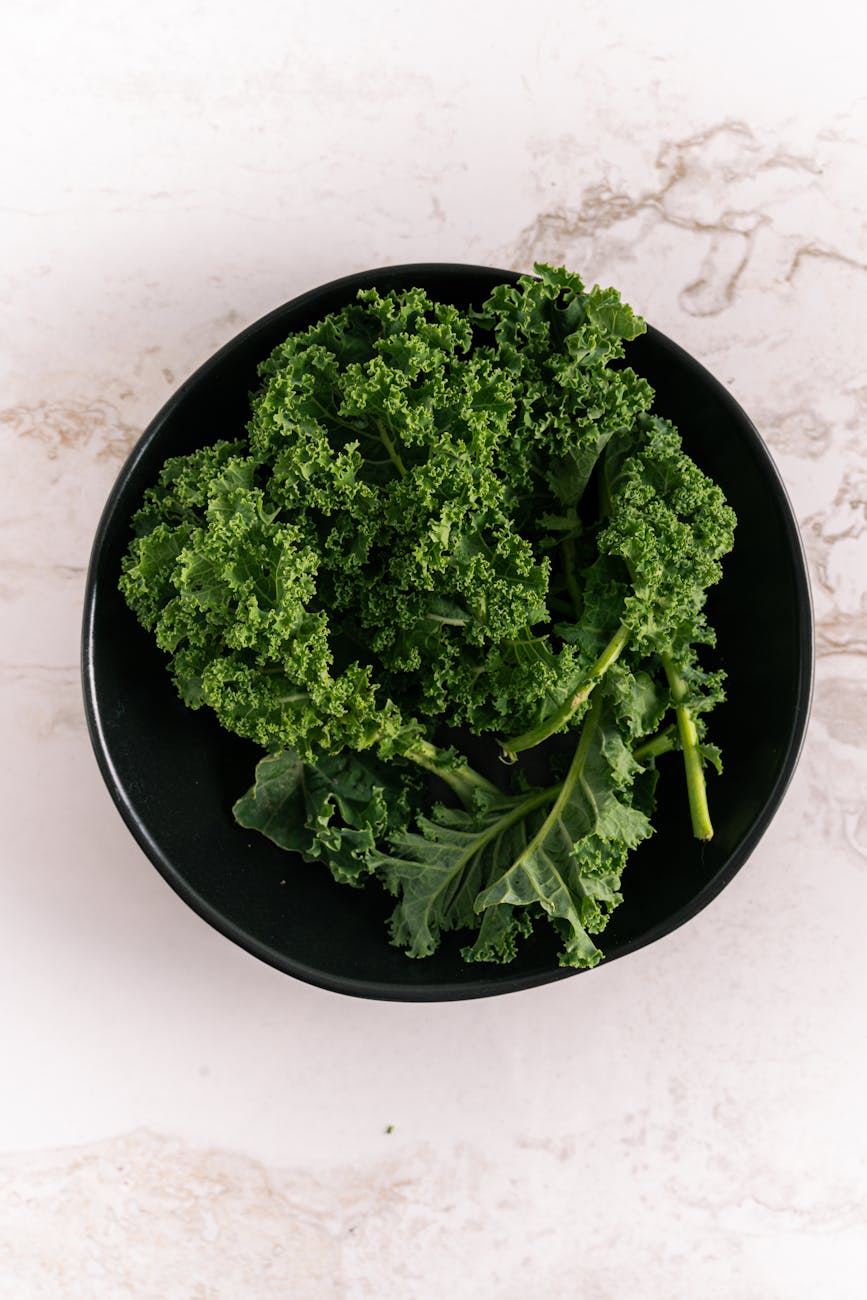Kale, often hailed as a nutritional powerhouse, is a leafy green vegetable that offers a wide range of health benefits when incorporated into your diet. From its high nutrient content to its potential disease-fighting properties, kale is a versatile and nutrient-dense food that can support overall health and well-being. In this article, I’ll explore the benefits of kale and why you should consider adding this superfood to your diet.
1. Rich in Nutrients: Kale is packed with essential vitamins, minerals, and antioxidants that are vital for optimal health. It is an excellent source of vitamin K, vitamin C, vitamin A, and folate, as well as minerals like calcium, potassium, and manganese. These nutrients play a crucial role in supporting immune function, bone health, heart health, and overall vitality.
2. High in Antioxidants: Kale is loaded with powerful antioxidants, such as beta-carotene and flavonoids, which help protect cells from damage caused by free radicals. Antioxidants play a key role in reducing inflammation, supporting cardiovascular health, and reducing the risk of chronic diseases like cancer and heart disease.
3. Supports Heart Health: The combination of fiber, antioxidants, and minerals in kale makes it a heart-healthy food. The fiber content in kale can help lower cholesterol levels and improve digestion, while the antioxidants help reduce inflammation and protect blood vessels from damage. Consuming kale regularly may help lower the risk of heart disease and improve overall cardiovascular health.
4. Aids in Digestion: Kale is a rich source of dietary fiber, which is essential for maintaining a healthy digestive system. Fiber helps promote regular bowel movements, prevent constipation, and support gut health by feeding beneficial gut bacteria. Including kale in your diet can help improve digestion and promote a healthy gut microbiome.
5. Supports Bone Health: Kale is an excellent source of vitamin K, which is essential for bone health and proper blood clotting. Vitamin K plays a crucial role in bone metabolism and helps maintain strong and healthy bones. Consuming an adequate amount of vitamin K from foods like kale can help reduce the risk of osteoporosis and fractures.
6. Weight Management: Kale is low in calories and high in fiber, making it a great food for weight management and weight loss. The fiber content in kale helps you feel full and satisfied, reducing cravings and overeating. Incorporating kale into your meals can help support a healthy weight and promote satiety.
Kale is a nutrient-dense superfood that offers a wide range of health benefits. From its high nutrient content to its disease-fighting properties, kale is a versatile ingredient that can support overall health and well-being. Whether eaten raw in salads, blended into smoothies, or cooked in soups and stir-fries, incorporating kale into your diet can help you reap the numerous health benefits it has to offer. Consider adding this leafy green vegetable to your meals to boost your nutrient intake, support your immune system, and promote overall wellness.



